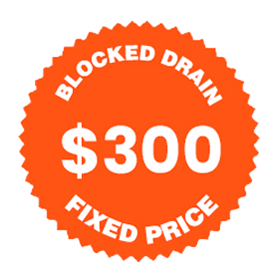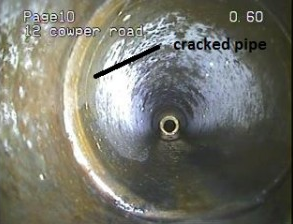
Clearing the Way: 3 Flow Drainage to Combat Blocked Drains
3 flow drainage is a common problem in households and commercial buildings alike. It occurs when drains become blocked, preventing water from flowing smoothly and causing inconvenience and potential damage. However, with the right approach, this issue can be effectively resolved and even prevented in the future. In this blog post, we will explore some of the causes of blocked drains and provide practical tips for tackling the problem. So, say goodbye to those pesky blockages and hello to clear, free-flowing drains!
Understanding the Causes of Blocked Drains
Blocked drains can be caused by a variety of factors, including foreign objects, grease buildup, tree roots, and structural damage. Household debris such as hair, soap scum, and food scraps are frequent culprits as well. In commercial settings, blockages may occur due to a large volume of waste being flushed down the drain or inappropriate items being disposed of. Identifying the cause of the blockage is crucial in addressing the issue effectively.

A Simple Solution: Proper Maintenance
One of the best ways to prevent blocked drains is through proper maintenance. Regularly cleaning your drains, using a plunger or drain snake to remove obstructions, and avoiding flushing inappropriate items down the drain can go a long way in keeping your drains clear. Additionally, scheduling professional drain cleaning services every few months can help keep your drains free-flowing and identify any potential issues before they become major problems.
Natural Remedies for Blocked Drains
If you prefer to take a more natural approach, there are several household remedies that can be used to clear blocked drains. Baking soda and vinegar, for example, can be combined to create a foaming reaction that can loosen and break down obstructions. Boiling water, salt, and lemon juice are other natural substances that are known to be effective in unclogging drains. These remedies not only save you money but also minimize the use of harsh chemicals, making them a more environmentally-friendly option.
The Importance of Professional Help
While minor blockages can often be resolved with DIY methods, it is important to know when to seek professional help. Major blockages or structural damage may require specialized equipment and expertise to fix. Moreover, trying to fix the problem yourself without proper knowledge and tools may cause further damage to your drains and result in higher repair costs. Therefore, it is always best to contact a professional plumber or drainage specialist for complex drainage issues.
Prevention is Key: Tips for Maintaining Clear Drains
As they say, prevention is better than cure. Here are some simple tips to help you maintain clear, free-flowing drains and avoid future blockages:
- Use drain covers or filters to prevent hair, food scraps, and other debris from entering the drain.
- Dispose of grease and oil properly, rather than pouring them down the drain.
- Avoid flushing inappropriate items such as wet wipes, paper towels, and sanitary products down the toilet.
- Regularly clean your drains using a mixture of hot water and vinegar to prevent buildup and odors.
- Consider scheduling professional drain cleaning services every few months for thorough maintenance.
Conclusion: Don’t Let Blocked Drains Slow You Down
In conclusion, blocked drains may seem like a daunting issue, but with the right approach, it can be easily resolved and even prevented in the future. Remember to identify the cause of the blockage, use appropriate methods for clearing it, and seek professional help for complex issues. By following proper maintenance tips and being mindful of what you dispose of down your drains, you can enjoy clear, free-flowing drains without any hassle. So, don’t let blocked drains slow you down – take proactive measures to keep your drains running smoothly!




